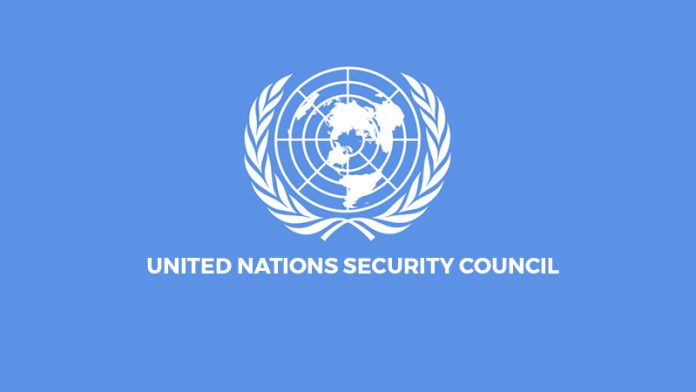In a significant reaffirmation of its support for global governance reform, the United States has reiterated its longstanding backing of India, Japan, and Germany’s bids for permanent seats on the United Nations Security Council (UNSC). This announcement, made by U.S. Ambassador to the UN Linda Thomas-Greenfield, reflects Washington’s acknowledgement of shifting global dynamics and the need for a more inclusive and representative international order. This comes as part of broader U.S. proposals, which call for two permanent seats for African nations and a non-permanent seat for Small Island Developing States (SIDS). The move marks an essential step towards addressing the UNSC’s outdated structure, yet it leaves crucial questions unanswered.
The UNSC, established in the aftermath of World War II, has long been criticised for failing to adequately represent today’s geopolitical realities. The Council’s five permanent members wield disproportionate influence through their veto power. While these countries were global powers in the mid-20th century, the world has since seen the rise of new economic and political forces.
Countries like India, Japan, and Germany have demonstrated global leadership in various capacities. India, the world’s most populous democracy, has become a central player in international diplomacy and development. Japan, despite its pacifist constitution, plays a critical role in peacekeeping and humanitarian assistance. Germany’s leadership in the European Union and its status as Europe’s largest economy reinforce its qualifications for permanent UNSC membership. These countries not only represent substantial portions of the global population and economy but also contribute significantly to international peacekeeping and development.
The proposal for two permanent seats for African countries is a critical step in correcting the historical under-representation of the continent on the UNSC. Africa, home to 54 nations, has often been the subject of the Council’s agenda, with many of its conflicts, humanitarian crises, and development challenges discussed without sufficient African input. Giving African nations permanent seats with veto power would not only empower the continent but also recognise its growing political, economic, and demographic importance. However, key questions remain. Which African countries should hold these permanent seats? Countries like South Africa, Nigeria, and Egypt are often considered the front-runners due to their regional influence and diplomatic reach, but there is no consensus among African nations. This lack of agreement could complicate the path to African representation.
Another notable aspect is the call for a non-permanent seat for SIDS. Small island nations are disproportionately affected by rising sea levels, natural disasters, and economic instability, yet they often struggle to make their voices heard on the global stage. A seat for SIDS would amplify their concerns, ensuring that these countries have a platform to influence decisions that directly affect their survival.
Additionally, the U.S. reaffirmed its support for permanent representation for Latin America and the Caribbean. Countries such as Brazil and Mexico have pushed for greater influence, and permanent representation for the region would ensure that Latin America has a more significant role in addressing global challenges like migration, climate change, and regional security.
While the U.S. proposal advocates for the expansion of permanent seats, it maintains a firm stance against extending veto power to new members. This position is rooted in the belief that expanding veto privileges would exacerbate the deadlock that already hampers UNSC action. However, the exclusion of veto power for new permanent members will likely be a contentious issue in future negotiations. Balancing the desire for expanded representation with concerns about Council effectiveness will be one of the most challenging aspects of UNSC reform discussions. The U.S. proposal for UNSC reform, while imperfect, represents a pragmatic step forward. Ultimately, the success of UNSC reform will depend on the willingness of Member States to engage in meaningful negotiations. For the sake of global peace and security, the world must rise to the occasion and ensure that the Security Council evolves to meet the needs of the 21st century.
Trending Now
E-Paper


